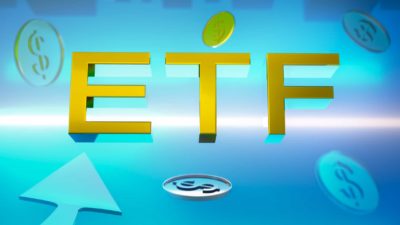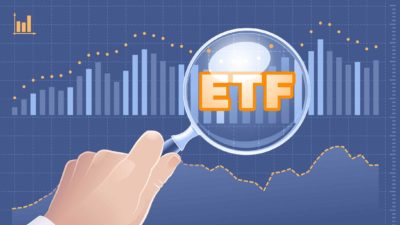Investors interested in passive income may be considering a number of different options, including Westpac Banking Corp (ASX: WBC) or the Vanguard Australian Shares High Yield ETF (ASX: VHY).
ASX bank shares, like Westpac, have been providing impressive dividends for most of the last three decades. Their strong position in the banking sector allows them to make big profits and send out billions of dollars of dividends to shareholders every year.
For example, in FY24, Westpac generated $7 billion of net profit, which allowed the business to pay a $1.51 per share dividend.
But should investors consider a fund like the VHY ETF for the dividends instead? Let's look at some of the most important factors.
Passive income yield
As I just mentioned, Westpac paid an annual dividend per share of $1.51 for FY24, which translates into a grossed-up dividend yield of 6.5% (including franking credits).
However, I think investors should focus on FY25's dividend potential. In my eyes, the future is more important than the past.
The forecast on Commsec suggests that Westpac shareholders could receive an annual dividend per share of $1.55, which would represent a 2.6% increase year over year. The projected grossed-up dividend yield would be 6.7%.
Now, let's look at the ASX ETF. Vanguard regularly updates investors on the forecast dividend yield for the VHY ETF. In the latest monthly update for October 2024, Vanguard said the forecast grossed-up dividend yield from its portfolio was 6.1%, according to projections sourced from Factset.
On this metric alone, Westpac appears to be a better choice for passive dividend income.
But, in my view, there's one thing that investors should keep in mind.
Diversification
Westpac is an impressive business, but it's just one company.
The VHY ETF represents a portfolio of businesses with higher forecast dividends than other ASX shares. Sector diversification is achieved by restricting the allocation invested in any one industry to 40% of the total ETF and 10% in any one company. It's currently invested in 65 businesses.
VHY ETF does actually own Westpac shares, but it's also invested in many other ASX blue-chip shares such as Commonwealth Bank of Australia (ASX: CBA), BHP Group Ltd (ASX: BHP), National Australia Bank Ltd (ASX: NAB), ANZ Group Holdings Ltd (ASX: ANZ), Macquarie Group Ltd (ASX: MQG), Woodside Energy Group Ltd (ASX: WDS), Rio Tinto Ltd (ASX: RIO), Telstra Group Ltd (ASX: TLS) and Transurban Group (ASX: TCL).
Diversification is a very powerful tool. It gives us exposure to other businesses, reducing the risk if any particular company goes through a tough time. Plus, owning an ETF means we can get all of that diversification in just one investment.
When I'd buy Westpac shares over VHY ETF units
Should the appeal of diversification trump every individual ASX share? Not necessarily.
I like buying individual businesses, but only if I think they're a better buy at that time to help me achieve my investment return objectives.
Westpac shares can be a good investment at the right time. In this article last year, I said they were a buy because the price-to-book ratio was around 1x. I also warned that Westpac's profit could fall because of competition. In FY24, Westpac's profit fell 3%, and the Westpac share price has been up approximately 60% since that article.
I'd only want to buy the ASX bank share if it were close to a price-to-book ratio of 1x again, so currently, I'd choose VHY ETF units because of the diversification and lower risk of overpaying. But in saying that, there are other individual ASX shares I would buy over the VHY ETF.









